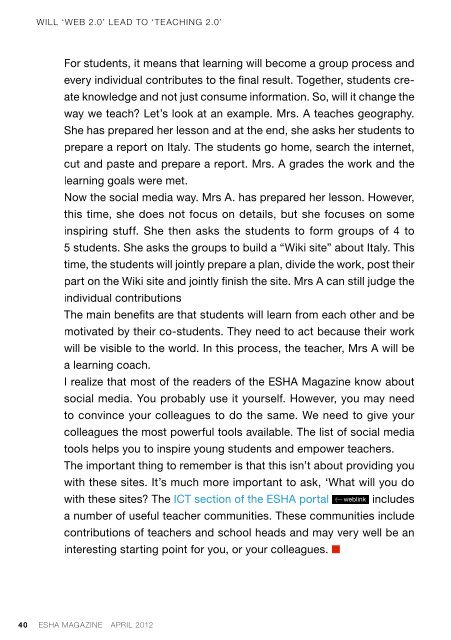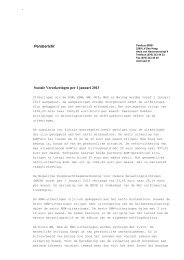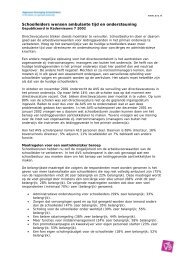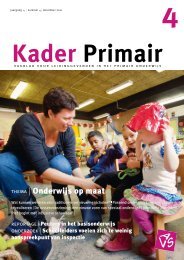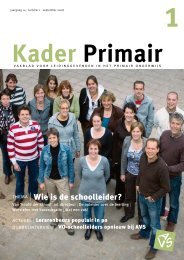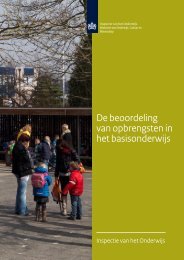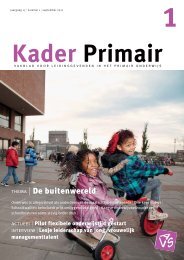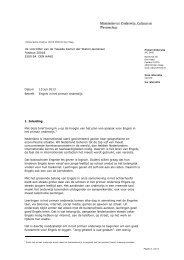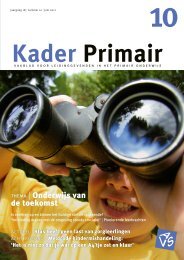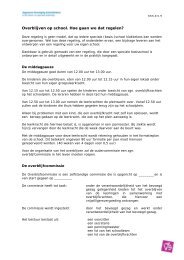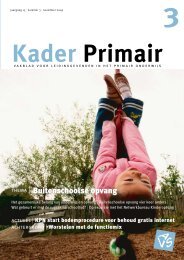ESHA Magazine April 2012.pdf
ESHA Magazine April 2012.pdf
ESHA Magazine April 2012.pdf
You also want an ePaper? Increase the reach of your titles
YUMPU automatically turns print PDFs into web optimized ePapers that Google loves.
WILL ‘WEB 2.0’ LEAD TO ‘TEACHING 2.0’<br />
For students, it means that learning will become a group process and<br />
every individual contributes to the final result. Together, students create<br />
knowledge and not just consume information. So, will it change the<br />
way we teach? Let’s look at an example. Mrs. A teaches geography.<br />
She has prepared her lesson and at the end, she asks her students to<br />
prepare a report on Italy. The students go home, search the internet,<br />
cut and paste and prepare a report. Mrs. A grades the work and the<br />
learning goals were met.<br />
Now the social media way. Mrs A. has prepared her lesson. However,<br />
this time, she does not focus on details, but she focuses on some<br />
inspiring stuff. She then asks the students to form groups of 4 to<br />
5 students. She asks the groups to build a “Wiki site” about Italy. This<br />
time, the students will jointly prepare a plan, divide the work, post their<br />
part on the Wiki site and jointly finish the site. Mrs A can still judge the<br />
individual contributions<br />
The main benefits are that students will learn from each other and be<br />
motivated by their co-students. They need to act because their work<br />
will be visible to the world. In this process, the teacher, Mrs A will be<br />
a learning coach.<br />
I realize that most of the readers of the <strong>ESHA</strong> <strong>Magazine</strong> know about<br />
social media. You probably use it yourself. However, you may need<br />
to convince your colleagues to do the same. We need to give your<br />
colleagues the most powerful tools available. The list of social media<br />
tools helps you to inspire young students and empower teachers.<br />
The important thing to remember is that this isn’t about providing you<br />
with these sites. It’s much more important to ask, ‘What will you do<br />
with these sites? The ICT section of the <strong>ESHA</strong> portal < weblink includes<br />
a number of useful teacher communities. These communities include<br />
contributions of teachers and school heads and may very well be an<br />
interesting starting point for you, or your colleagues. ■<br />
40 <strong>ESHA</strong> MAGAZINE APRIL 2012


